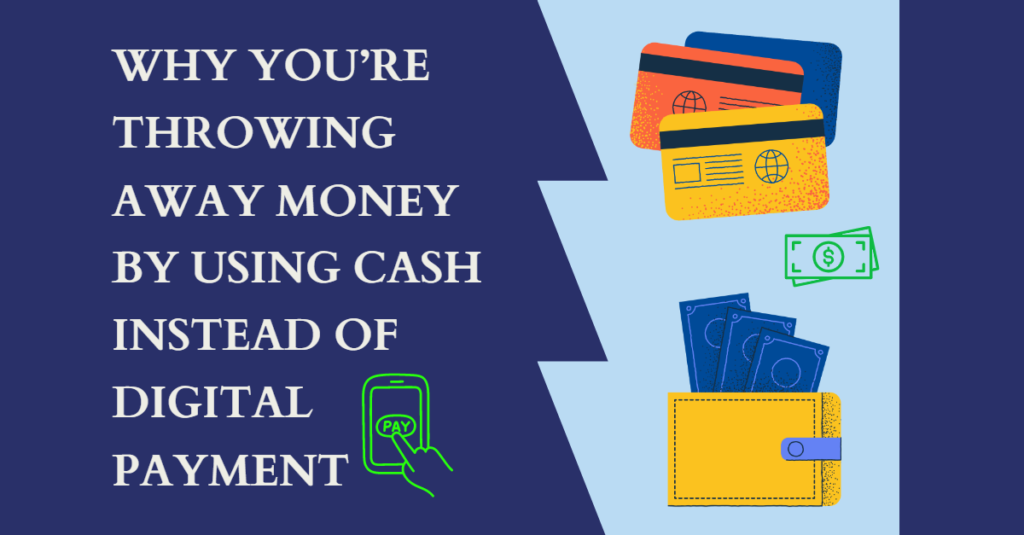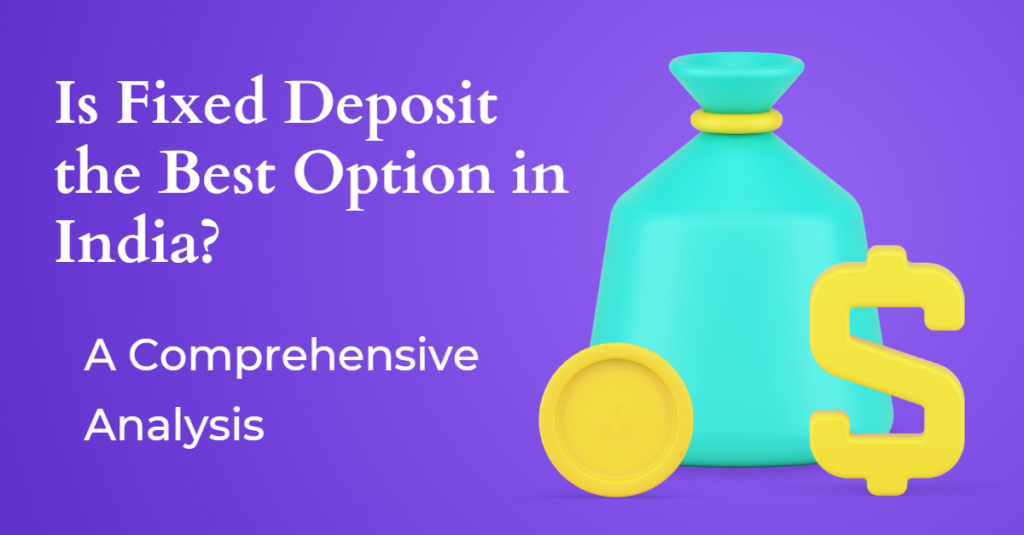Why You’re Throwing Away Money by Using Cash Instead of Digital Payment
In the past, cash was king. It was the go-to method for making payments for goods and services, and it was widely accepted all around the world. However, with the advent of digital payment technologies, more and more people are turning to electronic forms of payment. Despite this trend, there are still many people who prefer to use cash for their transactions. In this article, we will explore why using cash may be costing you more money than you realize.
Digital payments have been around for a while now, and they have become increasingly popular in recent years. There are many different types of digital payment methods, including credit and debit cards, mobile wallets, and online payment platforms such as PayPal and Venmo. These methods offer a number of advantages over traditional cash payments, such as convenience, speed, and security.
One of the biggest advantages of digital payments is convenience. With digital payments, you can make purchases quickly and easily without having to carry cash around with you. This is particularly useful when you are traveling or when you need to make a large purchase. Instead of having to withdraw cash from an ATM, you can simply use your credit or debit card to pay for your purchase. Mobile wallets, such as Apple Pay and Google Wallet, are also becoming increasingly popular, as they allow you to make payments using your smartphone.
Another advantage of digital payments is speed. When you use cash to make a purchase, you often have to wait for the cashier to count out your change, which can be time-consuming. With digital payments, transactions can be completed in a matter of seconds, which can be particularly useful when you are in a hurry.
Digital payments are also more secure than cash payments. When you use a credit or debit card to make a purchase, the transaction is encrypted, which makes it much more difficult for hackers to steal your information. In addition, many digital payment methods offer fraud protection, which means that if your card is stolen, you can report it and the bank will reimburse you for any fraudulent charges.
Despite these advantages, many people still prefer to use cash for their transactions. There are a number of reasons why this might be the case, such as a lack of trust in digital payment technologies, a desire to avoid debt, or simply a preference for the feel of cash in their hands. However, using cash can actually be costing you more money than you realize.
One of the biggest costs associated with using cash is the fees that banks charge for ATM withdrawals. When you withdraw cash from an ATM that is not affiliated with your bank, you will typically be charged a fee. These fees can range from a few dollars to as much as $5 or more per transaction. Over time, these fees can add up, particularly if you withdraw cash frequently.
In addition to ATM fees, using cash can also make it more difficult to keep track of your spending. When you use a credit or debit card to make a purchase, the transaction is automatically recorded in your bank account, which makes it easy to track your spending. When you use cash, on the other hand, it can be more difficult to keep track of your transactions, particularly if you don’t keep receipts. This can make it more difficult to stick to a budget, which can lead to overspending and financial problems.
Another cost associated with using cash is the opportunity cost of not earning rewards points or cash back on your purchases. Many credit cards offer rewards programs that allow you to earn points or cash back on your purchases. These rewards can add up quickly over time, particularly if you use your credit card for large purchases or for everyday expenses such as groceries and gas. If you use cash for these transactions, you are missing out on these rewards, which can be a significant cost over time.
Using cash can also be risky, particularly if you are carrying large amounts of money with you. If you lose your cash or it is stolen, there is no way to recover it. With digital payments, however, there are a number of security measures in place that can help protect your money. For example, many credit cards offer fraud protection, which means that if your card is stolen, you can report it and the bank will reimburse you for any fraudulent charges. Mobile wallets also offer security features such as fingerprint recognition and two-factor authentication, which can help prevent unauthorized access to your account.
Furthermore, using digital payments can also provide you with better financial insights. With digital payments, you can track your spending and analyze your habits more accurately. By analyzing your spending patterns, you can identify areas where you might be overspending or where you could potentially save money. This information can be used to create a more effective budget, which can help you save more money in the long run.
In conclusion, while cash may have been the go-to method for making payments in the past, digital payments offer a number of advantages that cannot be ignored. Not only are digital payments more convenient, faster, and more secure than cash payments, but they can also save you money in the long run. With lower fees, the ability to earn rewards, and better financial insights, there are many reasons why you should consider switching to digital payments. So the next time you are faced with a choice between cash and digital payments, think about the benefits of going digital and how it can help you save money in the long run.

My name is Rohit Vagh and I’m a content writer specializing in fashion and lifestyle. I have three years of experience in this field and have written various articles. My writing style is creative and engaging, and I strive to create content that resonates with my readers. I have a deep passion for fashion and am constantly researching the latest trends and styles to make sure my readers are up to date. I’m excited to continue my career in blogging, and I’m always looking for new opportunities in the fashion and lifestyle space.





